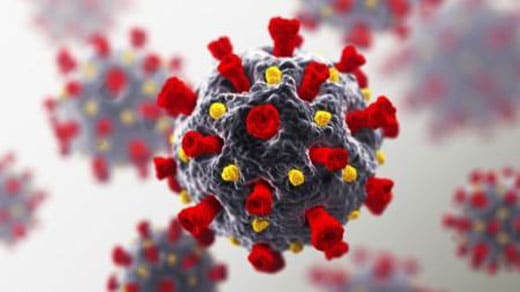By Sandy Cohen: What’s the difference between infection-induced immunity and vaccine-induced immunity?

Infection with COVID-19 or vaccination against the virus both prompt the body to produce an immune response in the form of disease-fighting antibodies and virus-targeting T-cells.
A: The short answer: Not much other than illness. Infection with COVID-19 or vaccination against the virus both prompt the body to produce an immune response in the form of disease-fighting antibodies and virus-targeting T-cells. These antibodies and T-cells are created in response to infection or vaccination, and ramp up if exposure to the pathogen or virus occurs.
Vaccine-induced immunity allows an individual to experience protection against severe illness from COVID-19 without first being sickened by the virus.
Infection-induced immunity may depend on the severity of illness, says Shangxin Yang, PhD, a clinical microbiologist at UCLA Health. Early studies found that people who were infected with COVID-19 but were asymptomatic or exhibited only mild symptoms mounted a less-robust antibody response.
“Therefore, the efficacy of natural infection is not as predictable as vaccines,” Dr. Yang says.
Q: Does immunity from natural infection last longer than immunity from the vaccine?
A: Immunity to coronaviruses wanes with time, regardless of whether that immunity was generated by vaccination or previous infection. Booster doses of the COVID-19 vaccine were authorized because vaccine-induced immunity was found to diminish after about six months.
Scientists believe that infection-induced immunity to COVID-19 lasts at least 90 days. People who’ve been fully vaccinated and people who were previously infected can still contract COVID-19.
Q: Is immunity from natural infection with COVID-19 better than vaccine-induced immunity?
A: Experts say no, because the risks associated with COVID-19 infection are far less predictable than the small risks associated with the vaccine. Infection with COVID-19 can lead to viral spread, serious illness and death. COVID-19 vaccines produce generally mild side effects that last a few days at most.
A recent study by the U.S. Centers for Disease Control and Prevention found that previous infection with COVID-19 provided better protection against the delta variant than vaccination in a large sample. Researchers speculate this may be because the study was conducted before booster doses were approved, so immunity in vaccinated individuals may have waned to the point that they were more susceptible to infection.
Still, the authors maintain that vaccination is the best way to protect against COVID-19 infection, long-term complications, hospitalization and death.
Get the latest updates on the COVID-19 virus and vaccines.









































